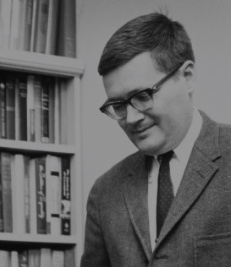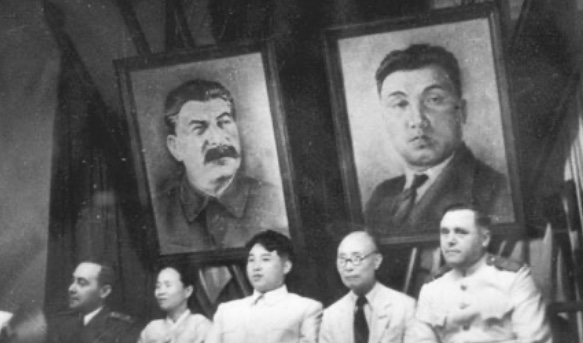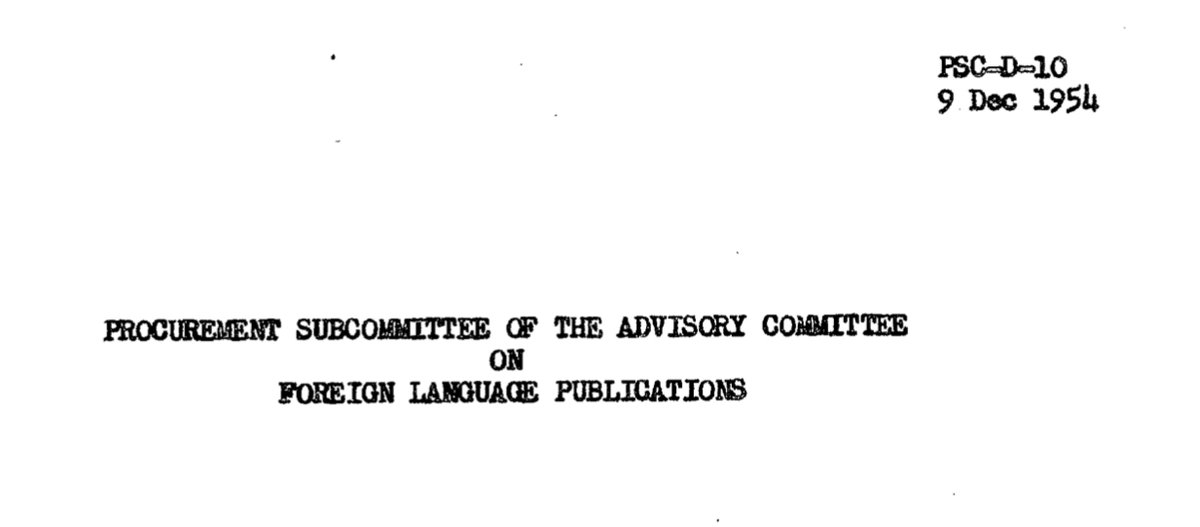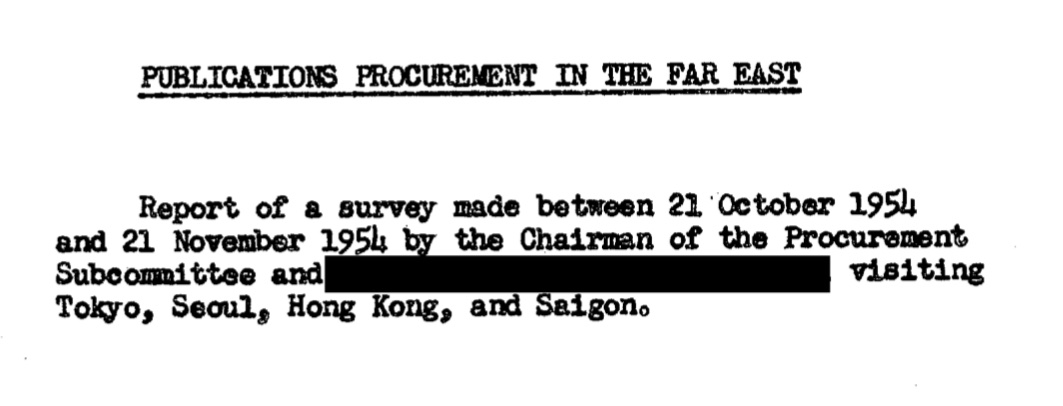A thread on Gordon Tullock, social science, & memory!
Tullock made many contributions to economics and had even been discussed as Nobel material. One of his areas of interest was the economics of bureaucracy, which was famously based on his experiences in the Foreign Service. /1
Tullock made many contributions to economics and had even been discussed as Nobel material. One of his areas of interest was the economics of bureaucracy, which was famously based on his experiences in the Foreign Service. /1
Buchanan was actually annoyed by this! He described Tullock’s The Politics of Bureaucracy as “buried in an irritating personal narrative account of Tullock’s nine-year experience in the Foreign Service.”
Tullock’s memory is central to his economics!
/2
https://www.libertyfund.org/books/bureaucracy-tullock-gordon
Tullock’s memory is central to his economics!
/2
https://www.libertyfund.org/books/bureaucracy-tullock-gordon
So what *was* Tullock’s memory of his time in the Foreign Service from 1947 to 1956? He wasn’t impressed. The two stories you always here are that he had little to do in China but did get to see the Communists take over, and that his DC office was unbearably overstaffed. /3
Tullock wrote in an unpublished memoir (which I haven’t gotten my hands on but this section is frequently quoted) that you could reduce the Foreign Service staff by 90% without reducing productivity.
But Tullock’s takeaway from his public service was highly selective! /4
But Tullock’s takeaway from his public service was highly selective! /4
In 1955 and 1956 Tullock was stationed in South Korea. The mission was sandwiched between his better known experiences in China and DC. It was a consequential position, of course, because Tullock was stationed at the doorstep of the Kim’s’ new communist regime in the north. /5
Tullock’s time in Korea is only one of his many experiences, but it’s striking in its contrast with what you usually hear about his time in the Foreign Service. Unlike DC, Tullock’s office at the embassy in Seoul was severely understaffed, threatening US intelligence efforts. /6
When I was doing research for my paper on Nutter’s work at the CIA (see my pinned tweet), I came across a report mentioning Tullock’s time in Korea from 1953 to 1955 (I mentioned the wrong post above!).
The report was a review of intelligence gathering in Asia in 1954. /7
The report was a review of intelligence gathering in Asia in 1954. /7
Tullock was the Economic Officer in Seoul, but he was also the ad hoc Publications Procurement Officer (PPO) for the State Department’s intelligence work in Korea. When the CIA toured the embassy in 1954 they were not happy with Tullock’s intelligence work. /8
The CIA officer reported that no one in Seoul had any time to collect or analyze intelligence on North Korea, and specifically pointed to the fact that Tullock was overwhelmed with his other responsibilities. /9
What’s more, the staff did collect South Korean intelligence! They just had little “interest” in North Korean intelligence gathering, which I find truly remarkable in 1954. /10
In Tullock and the embassy’s defense, North Korean intelligence was hard to obtain!
The CIA mission did learn that the embassy in Tokyo had access to good intelligence and they reported back that Tokyo may be the more promising route than Tullock’s staff in Seoul. /11
The CIA mission did learn that the embassy in Tokyo had access to good intelligence and they reported back that Tokyo may be the more promising route than Tullock’s staff in Seoul. /11
Most biographical discussions of Tullock’s time in Seoul say that he quit. This report that he was totally overwhelmed by his various responsibilities may shed some light on that although it’s difficult to say. /12
I think the more interesting point is the stark contrast between this account of Tullock as overwhelmed and understaffed and his version of the Foreign Service as bloated and overstaffed. /13
Perhaps his experience in DC was what he described, perhaps it wasn’t. But he certainly had other experiences that he did not prioritize in his account of the economics of bureaucracy. /14

 Read on Twitter
Read on Twitter









